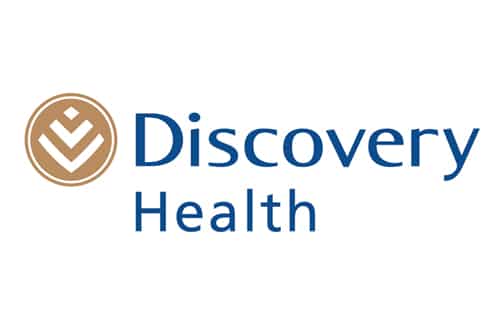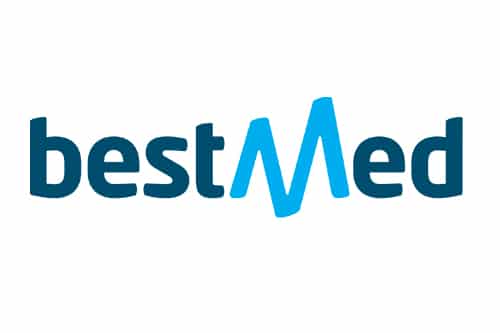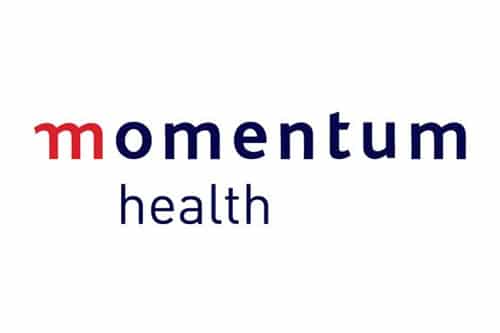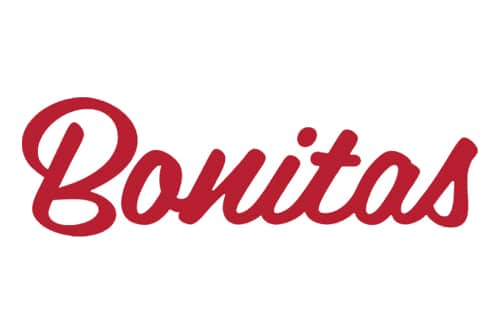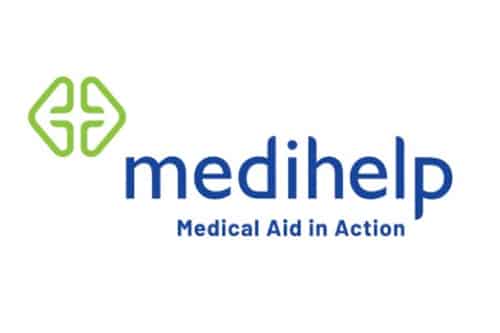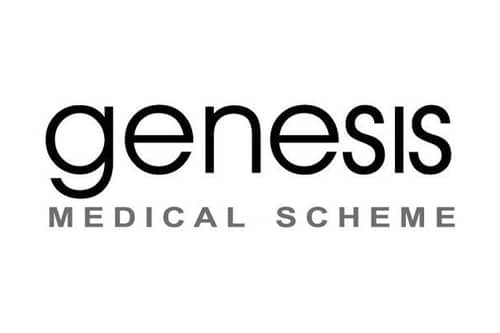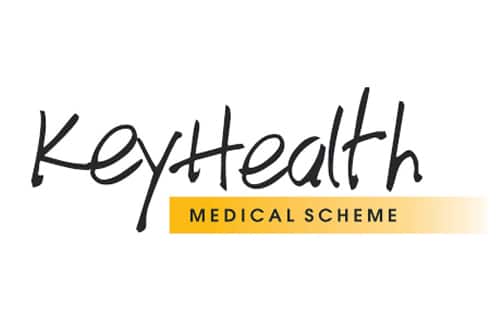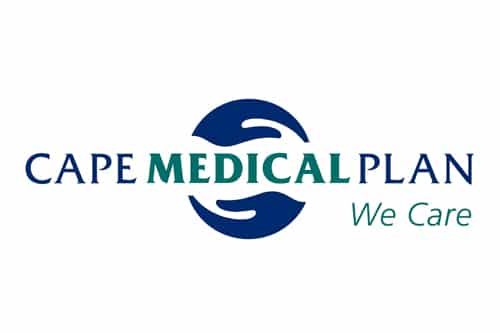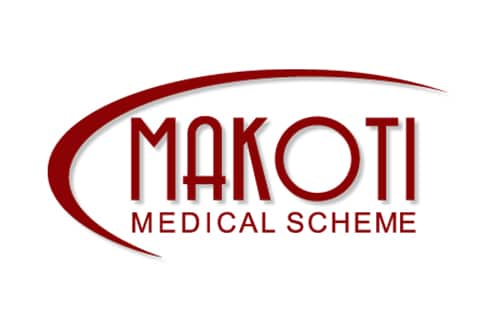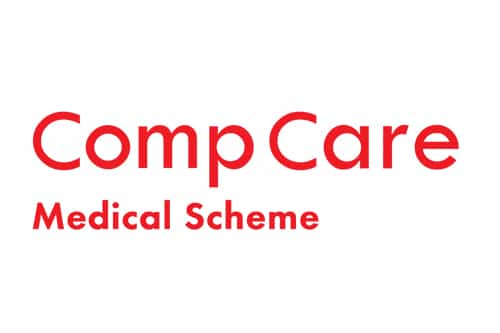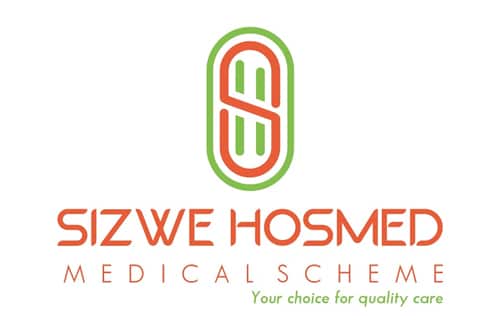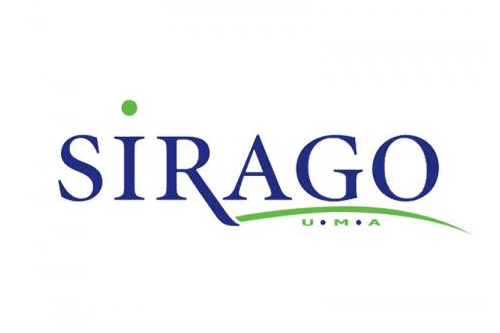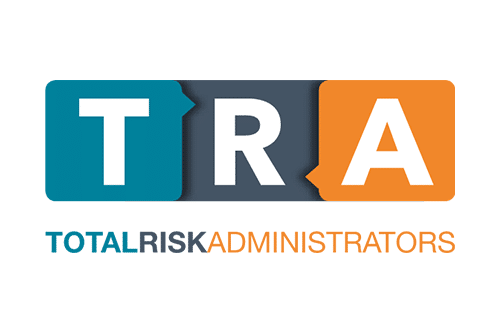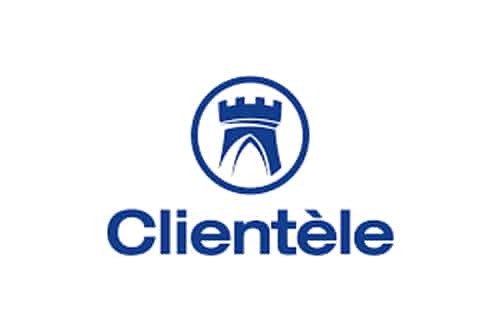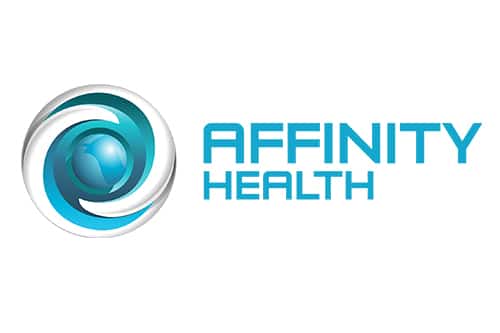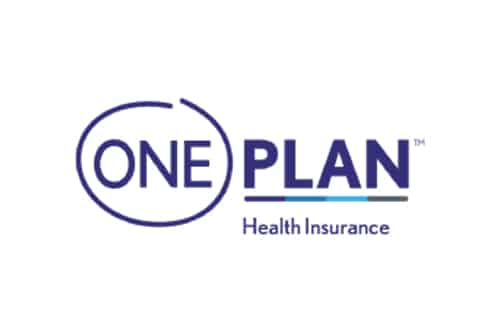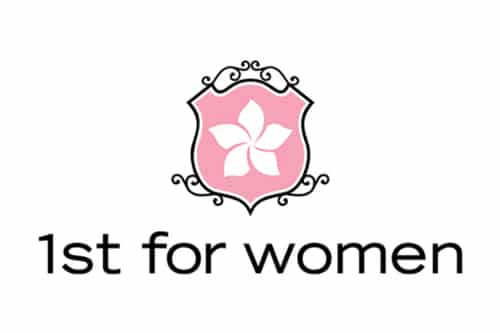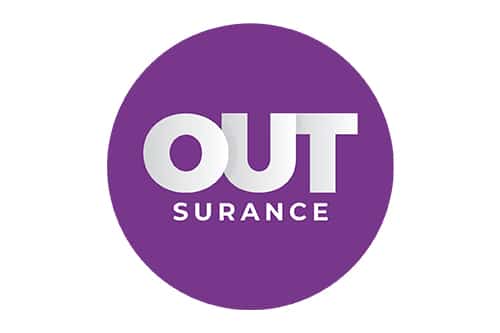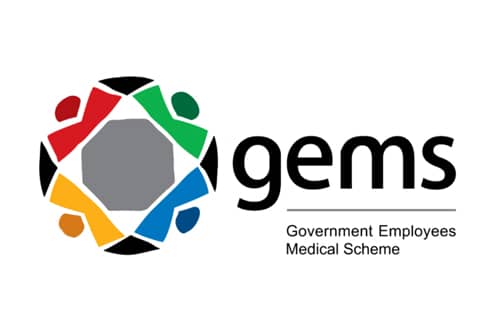Updated: 17 April 2024
Tweak commserve to boost primary healthcare – former SAMA chair.

GP numbers ‘dwindling’…………………………….
Young doctors need to spend part of their community service year working in a private practice to develop critically needed administrative skills and discover what’s needed to set themselves up.
That’s according to the immediate past chairperson of the South African Medical Association, Gauteng GP, Dr Angelique Coetzee, who says this would help stem an alarming flow of youngsters away from family practice and benefit critically need primary healthcare delivery.
Instead, hundreds of jobless post-community service doctors are protesting the lack of public sector posts outside national and provincial health departments, in spite of the cash-strapped public sector having no legal obligation to hire them. National Health Human Resources Chief, Dr Percy Mahlati, has told Juta Medbrief that the newly registered doctors are displaying ‘an attitude of entitlement,” but says there’s “no way,” the community service year can accommodate those who wish to set up private practice, “at the expense of public health.
“That would be an abandonment of the philosophy of providing free public health services. The reason provincial health departments are not able to employ everyone is purely a budget issue,” he added.
Both Coetzee and Dr Unben Pillay, the chief executive officer of the Independent Practitioners Association, IPAF, and the Alliance of South Africa Private Practitioners Association, ASAIPA, say that GPs in South Africa are in danger of becoming a dying breed. Among reasons they cite are that they are unable to collectively bargain for tariffs and face rising overheads as more patients go straight to fee-unregulated specialists or to the public sector to address their maladies.
This becomes a potential crisis because the looming NHI has primary healthcare as a fundamental pillar aimed at restoring the gatekeeping and overall cost-saving role of the GP on a capitation payment/value-based care basis. NHI Chief, Dr Nicholas Crisp says universal healthcare requires sufficient GPs to enable it to function effectively and confirms that they will be the first cohort of doctors to be embraced by universal healthcare.1
With data indicating that over 40% of annual MBChB graduates from South Africa’s ten medical campuses leave the country, (upon completing their one-year compulsory community service – i.e. approximately one thousand of the 2 200 graduates), this trend of decreasing income for private GP’s has their collective representative organisations deeply worried.
Says Pillay, “currently we are unable to negotiate of behalf of GPs as a collective because the system doesn’t allow for it. Ourselves and the Board of Healthcare Funders, BHF, have been awaiting our application for an exception to the Competitions Commission for two years now and it’s very frustrating.”
The Competition Commission released the Healthcare Market Inquiry (HMI) Final Findings and Recommendations Report on 30 September 2019, having probed the level of competition in private healthcare to diagnose the factors that prevent, distort, or restrict competition. One of its chief recommendations was that GP’s be allowed to negotiate collectively and be restored to their role as healthcare gatekeepers.
Pillay says that from a funder and the government point of view, negotiating with a family practitioner collective is far more efficient. Medical aids – unlike the regulators – have creatively pivoted to create ‘preferred providers’ among GP’s, thus avoiding what would otherwise have become a mere trickle of patients to them. However, regulatory amendments have been delayed with National Health Minister, Dr Joe Phaahla yet to pronounce on four-month-old Council for Medical Scheme recommendations for amended regulations allowing Low-Cost Benefit Options, LCBO’s, (enabling more patients to benefit via cheaper medical aid cover), streamlining Prescribed Minimum Benefits, (PMB’s), and putting in place tariff ceilings for specialists.
This would save funders billions per annum and reduce rampant medical inflation. Expert speculation, including by BHF executives, is that this is a deliberate government move to favour the NHI and sideline medical aids, (destined for sidelining anyway under a single government funded NHI model). Phaahla is on record as saying the CMS recommendations are tied up in legal consultation by his department. Phaahla said in mid-February that this process would take ‘several months.’
Adds Pillay, “there’s general agreement that in the past ten years since the Competition Commission said it was anti-competitive to negotiate, all that’s happened in the funder space is that payment for GP’s has been decimated and decreased. We’ve lost the ability to be the primary healthcare provider and gatekeeper. As a result, we’ve seen the general family practitioner almost becoming extinct. We’re not seeing many new young doctors going into private family practice anymore.
Many long-standing GP’ can’t keep their practices open. Most find the cost of running their practices almost unaffordable and many are closing down. We’re on a negative growth pattern, purely because of the way the system is structured. There’s a very aged population of GP’s and it’s approaching crisis proportions.”
Pillay says the Competition Commission favours a block exemption for the while industry, but the challenge remains what this means in terms of the applicable legislation.
“We’ve put in an application, and you’d think that with due process we’d get either a, (conditional), yes or a no, but we’ve got nothing except them saying that they’re relooking at the entire industry process. It seems as if they’re awaiting feedback from the National Health Department and the Department of Trade and Industry,” he added.
Pillay says his two organizations want to be able to compete with the corporate providers – GP networks like MediCross and Intercare – so they can have ‘some countervailing power,” regarding medical schemes and administrators.
“You want to be able to undertake centralized procurement, negotiated terms and conditions like all the other players,” he adds.
He described the belief that GPs made, ‘lots of money and are guilty of fraud, waste and abuse,’ as ‘naïve.’
“The huge spend is not in the primary healthcare space. We represent less than four percent of the private sector pie. A lot of funders have now shifted to say where previously you could bypass the GP and go straight to consultants, patients must nominate a GP or face out of pocket or co-payments. That’s how they’re keeping costs down.”
Coetzee told Juta Medbrief that young doctors were ‘simply not skilled enough to get into private practice – so they sit at home or wait in vain for a public sector post. The funders talk about fraud, waste, and abuse, but so much of it is simply ignorance of billing and coding by more junior doctors who often leave it to someone else to do. Our universities are producing hospi-centric doctors and not enabling them enough to get into private practice.”
She said salaries of medical officers, (the most junior doctor rank in the public sector), were ‘quite good – you won’t get that in the private sector working on your own.”
Council for Medical Scheme data showed that out of every rand, just five cents went to the doctor.
“Dentists and the allied healthcare professions are at about six or seven percent while the pharmacy sector is at 10-12% of the healthcare pie.”
She said the cost of hiring locums when a doctor wanted to take leave stood at about R1000 per hour while paying VAT, (15% of every patient consult bill once your annual turnover exceeds R1 m), every second month was another major burden. Coetzee said it took her two decades to set up her practice with everything she needed, staff and equipment-wise.
“I’d say at a thumb suck, youngsters need about R850 000 to a million to get a practice running. Also, youngsters will look at the impending NHI and say they’d rather go to some overseas country where universal healthcare is at least up and running efficiently. They don’t know what they’re going to get here,” she added.
She claims to know of several experienced GP’s who have left South Africa to work overseas for six months at a time to boost their incomes before returning home.
Coetzee, who resigned as chair of SAMA early in 2022 after challenging the way it was being run, landed herself in hot water last week for forcefully suggesting that a SAMA commission set up to probe public sector salaries also embrace private sector remuneration.

